Introduction
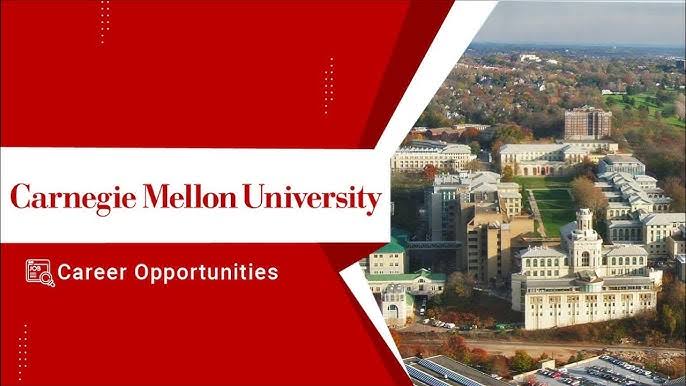
Carnegie Mellon University (CMU) stands today as a testament to a vision of boundless possibility—a place where disciplines converge and where creativity meets rigor. Founded with an ethos that champions innovation through collaboration, the institution has evolved over more than a century of academic excellence to emerge as one of the world’s premier universities. CMU’s reputation is built upon its distinctive approach to problem solving, its interdisciplinary curriculum, and its unwavering commitment to research and practical application of ideas. For many students around the globe, the allure of Carnegie Mellon is not only in its storied history but also in its vibrant culture that nurtures both technical prowess and creative expression.
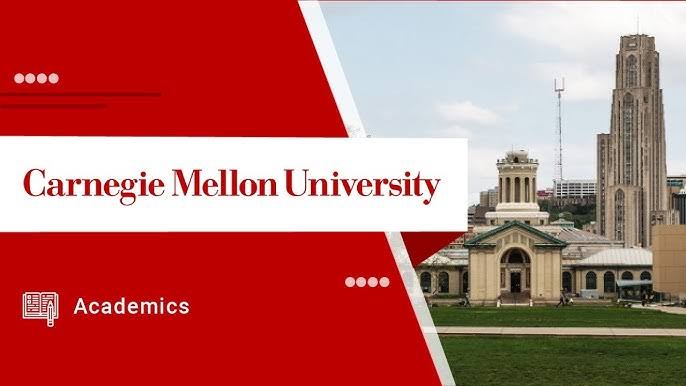
A Storied History of Transformation
The history of Carnegie Mellon University is a journey of transformation and continuous reinvention. The institution’s roots can be traced back to 1900, when Andrew Carnegie, a steel magnate with a passion for education, founded the Carnegie Technical Schools in Pittsburgh, Pennsylvania. In an era defined by rapid industrial growth and technological change, Carnegie envisioned a school that would provide rigorous technical training blended with practical applications. Over the ensuing decades, the institution transformed into the Carnegie Institute of Technology in 1912, a change that underscored its commitment to cultivating experts in engineering and the sciences.
A decisive milestone occurred in 1967 with the merger between the Carnegie Institute of Technology and the Mellon Institute of Industrial Research. This union gave birth to Carnegie Mellon University—a name that encapsulates both the legacy of its founders and their shared commitment to excellence in both the arts and sciences. It was during this period that CMU began embracing an interdisciplinary identity, one that would prove instrumental in driving innovation across a wide range of fields. The evolution of the university mirrors the dynamic changes of the modern world—constantly adapting, evolving, and reinventing itself to meet new challenges while making a lasting global impact.
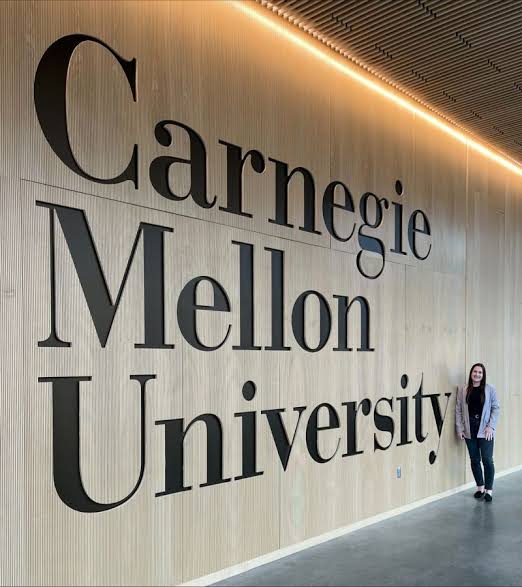
Academic Excellence: Bridging Disciplines
At Carnegie Mellon University, academic excellence is not confined to a single discipline. The university’s structure is built around a constellation of specialized schools, each renowned in its own right. The School of Computer Science, for example, is celebrated worldwide for groundbreaking work in artificial intelligence, robotics, and machine learning. Here, theoretical understanding and practical application go hand in hand as students and faculty delve into problems that redefine the future of computing and transformative technologies.
Similarly, the College of Engineering offers programs that blend advanced theoretical studies with hands-on experimentation. Its curriculum challenges students to think innovatively about everything from nanotechnology to sustainable energy solutions. Meanwhile, the Tepper School of Business exemplifies a modern approach to business education by integrating analytical rigor with creative strategy formulation—a combination that prepares graduates to lead in an increasingly data-driven, global marketplace.
Not to be overlooked is the College of Fine Arts, where technical mastery and creative expression unite. Whether through drama, music, or digital arts, the programs here encourage students to explore the intersections of technology and creativity. This interdisciplinary melding is a hallmark of CMU’s academic environment; it is a place where the conventional boundaries between art and science fade, allowing a comprehensive learning experience that is both holistic and forward-thinking.
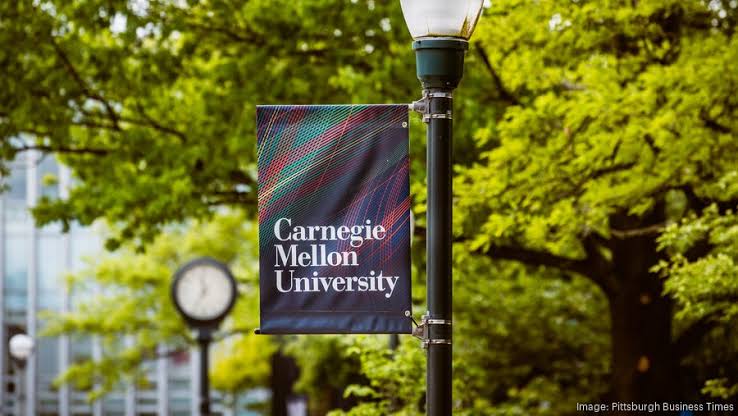
Research and Innovation at the Forefront
Carnegie Mellon University is synonymous with pioneering research and cutting-edge innovation. The institution has established itself as a leader in research that spans a myriad of disciplines—from computational biology and robotics to cybersecurity and public policy. At CMU, research is more than an academic requirement; it is encouraged as an essential, practical exploration that fuels real-world applications.
The university’s research facilities are equipped with state-of-the-art laboratories, innovation centers, and collaborative workspaces that enable students and faculty alike to translate ideas into impactful solutions. Many research projects at CMU cross traditional disciplinary lines, drawing together experts from engineering, computer science, fine arts, and social sciences. Through such initiatives, the institution has been responsible for leading breakthroughs in robotics—where autonomous systems are crafted with precision—and in artificial intelligence, where both ethical and technological dimensions are explored with profound insight.
Innovation at Carnegie Mellon also extends to recently emerging fields like human-computer interaction and digital humanities, reaffirming the university’s role as an incubator of ideas. Numerous CMU alumni have emerged as industry pioneers, driving significant changes in areas ranging from software development to entrepreneurial technology startups. The palpable spirit of innovation on campus not only inspires its scholars to ask bold questions but also to pursue answers that redefine the boundaries of what is possible.
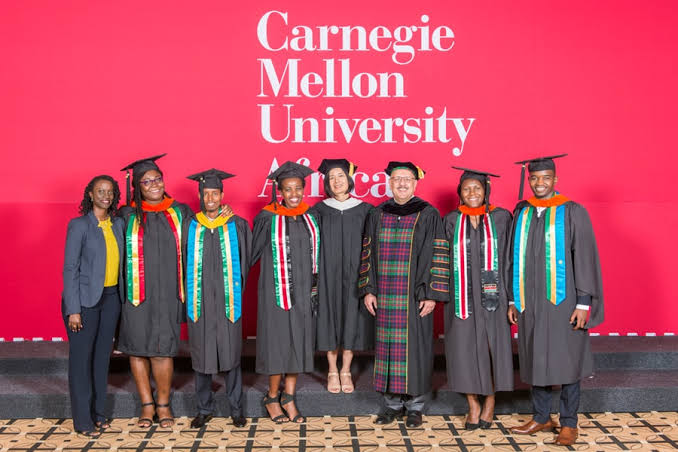
An Ecosystem of Entrepreneurial Energy
A unique facet of Carnegie Mellon University is its thriving entrepreneurial ecosystem. The institution actively encourages its students to transform academic insights into tangible ventures. With startup incubators, mentorship programs, and industry partnerships deeply woven into its academic fabric, CMU creates an environment where innovative ideas are not only discussed—they are executed.
Over the years, CMU has been a fertile ground for the birth of hundreds of startups. These ventures span a variety of industries, including technology, healthcare, and media, reflecting the diverse skill sets of its graduates. The entrepreneurial spirit at Carnegie Mellon is nurtured by a curriculum that prioritizes practical learning experiences: students are taught how to take innovative concepts from the laboratory to the marketplace. This real-world focus has proven especially valuable in today’s technology-driven economy, where a blend of technical skill and business acumen can be the defining factor for success.
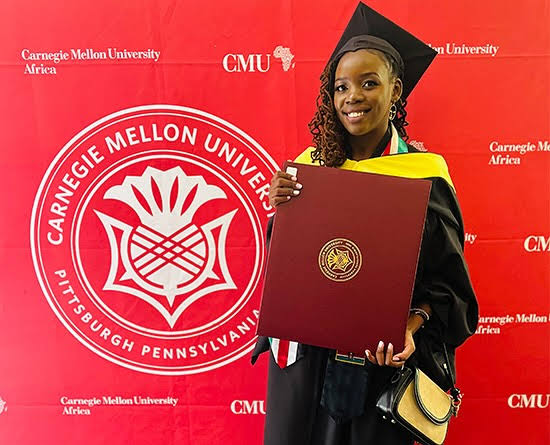
Campus Life and Cultural Diversity
Beyond the academic rigor and research innovations, Carnegie Mellon University is known for its dynamic campus life—a balance of disciplined study, creative expression, and vibrant social interaction. Situated in Pittsburgh, a city with a rich industrial heritage coupled with a modern cultural vitality, CMU offers a campus environment that is equally steeped in tradition and alive with contemporary energy.
The university is home to a diverse community, drawing students from more than 100 countries. This cultural mosaic enriches the educational experience by offering a blend of global perspectives that challenge and inspire intellectual growth. The campus is also renowned for its robust extracurricular offerings, ranging from NCAA Division III sports that foster teamwork and resilience to a plethora of arts and cultural clubs that provide creative outlets. These experiences, both inside and outside the classroom, contribute significantly to the formation of well-rounded graduates who are prepared to tackle multifaceted global challenges.
An atmosphere of inquiry and creativity permeates every corner of CMU—from innovation hubs and dynamic lecture halls to intimate discussion groups held in cozy campus cafes. This spirit of community and mutual support reinforces the university’s commitment to fostering not only exceptional professionals but also empathetic, culturally aware global citizens.

Global Reach and Lasting Impact
Carnegie Mellon University’s influence extends far beyond Pittsburgh. The institution has forged international partnerships, established satellite campuses, and engaged in global research collaborations that amplify its impact on a worldwide scale. Its outreach initiatives reflect a mission to disseminate transformative ideas and technology to every corner of the globe, ensuring that its commitment to innovation is truly universal.
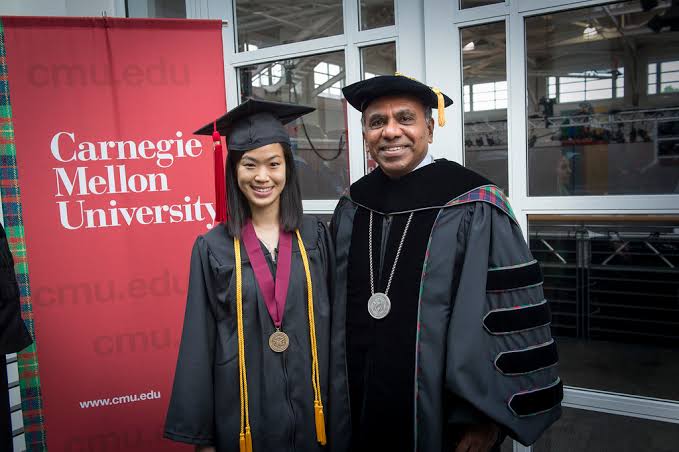
Global initiatives such as degree programs in Qatar and research partnerships across continents exemplify CMU’s commitment to building bridges between diverse cultural and academic landscapes. This international presence enriches its academic programs by providing students and faculty with opportunities to engage with global challenges. The resulting collaborations yield innovative solutions in fields as disparate as renewable energies and urban planning, with outcomes that reverberate across communities worldwide.
Furthermore, the legacy of Carnegie Mellon University is perpetuated by its impressive network of alumni, many of whom have emerged as leaders in technology, art, business, and public service. These alumni continue to drive significant advancements in fields ranging from robotics to venture capital. Their achievements are not only a reflection of the comprehensive education they received at CMU but also serve as beacons that inspire current students to pursue excellence and innovation.
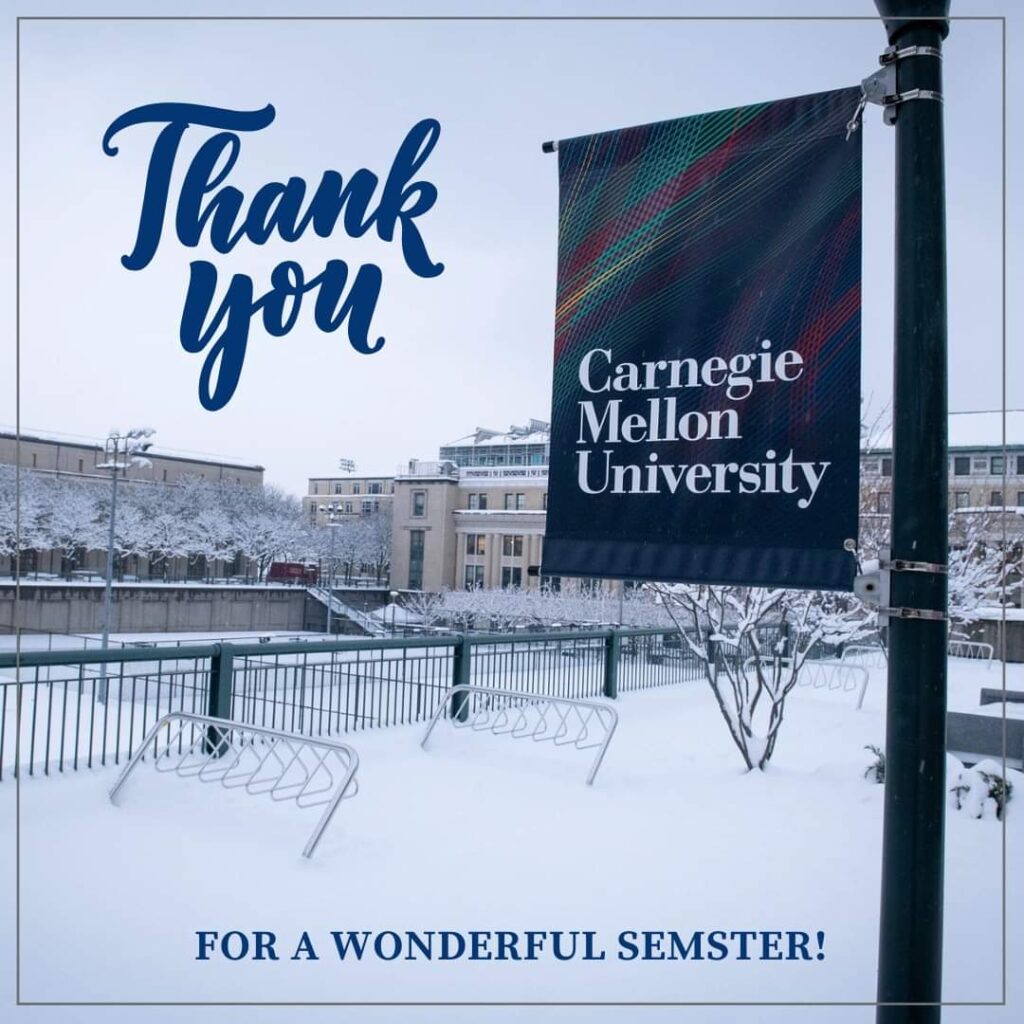
Conclusion
Carnegie Mellon University embodies a unique synthesis of tradition and progress. Its dynamic blend of rigorous academics, groundbreaking research, robust entrepreneurial support, and rich campus life creates an ecosystem that distinguishes it as one of the world’s foremost institutions of higher learning. As CMU continues to push the boundaries of what is possible by encouraging cross-disciplinary exploration and fostering an enduring culture of innovation, it remains true to the pioneering spirit instilled by its founders.
From its origins as a technical school at the turn of the twentieth century to its current status as a global leader—CMU is a place where creativity meets computational brilliance, where empathy and ethics underscore technological advances, and where every student is invited to be a part of a transformative journey. In a world faced with complex, evolving challenges, Carnegie Mellon University stands as a reminder that interdisciplinary collaboration and a relentless pursuit of knowledge can pave the way for groundbreaking change.
By understanding its history, celebrating its achievements, and embracing its forward-thinking philosophy, one can truly appreciate the legacy and impact of Carnegie Mellon University—a community where ideas are not only nurtured but also given the power to change the world.
This comprehensive exploration of Carnegie Mellon University delves into its storied past, innovative academic programs, cutting-edge research environment, vibrant campus life, and global impact—a narrative that encapsulates all that makes CMU an enduring symbol of excellence and a cornerstone of contemporary higher education.